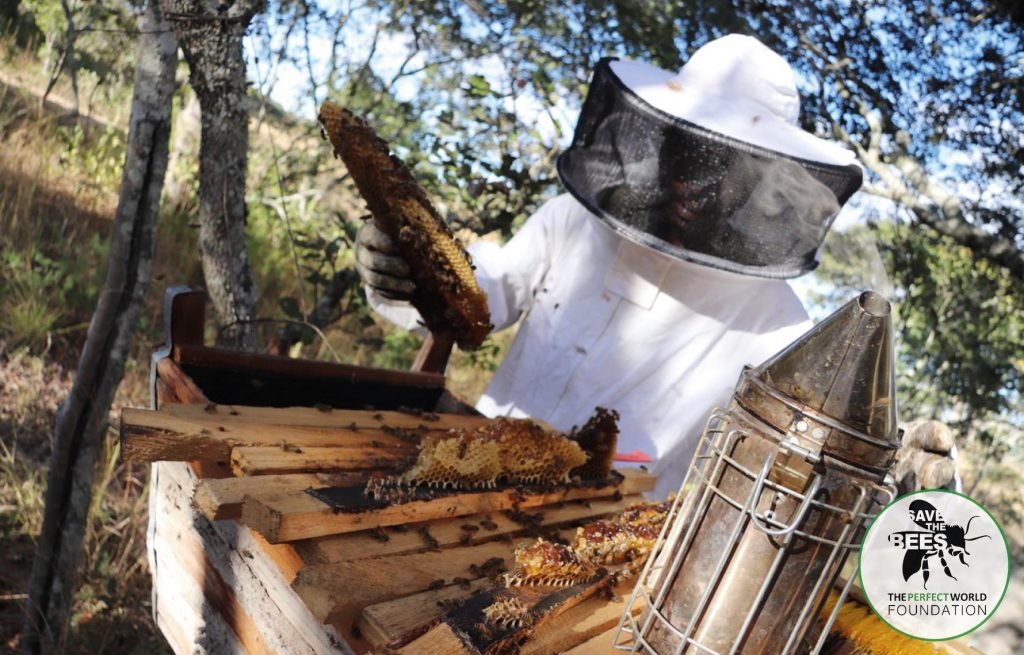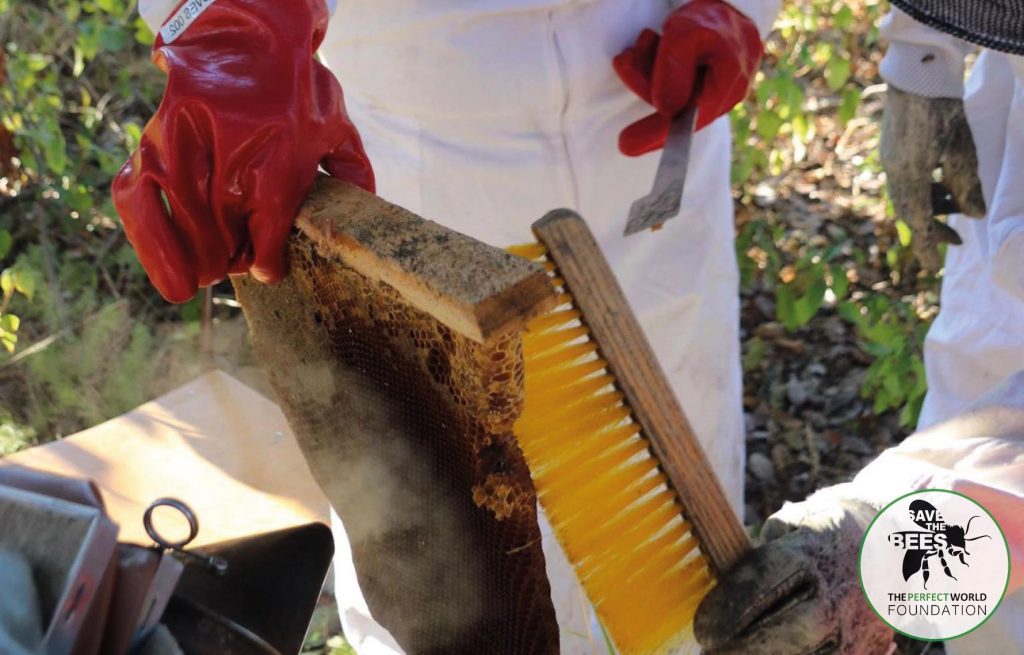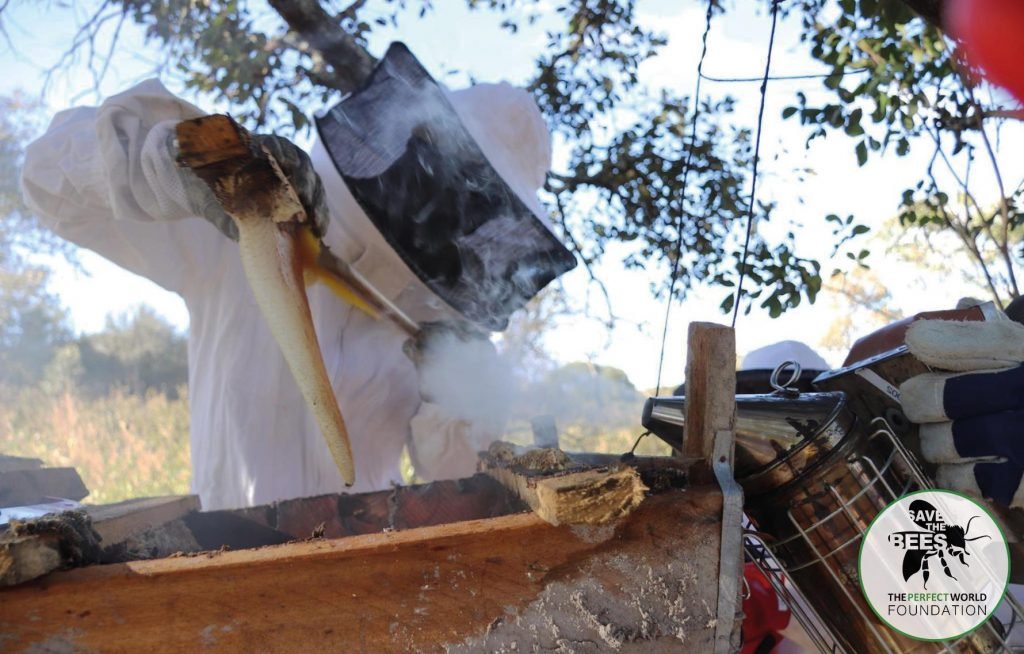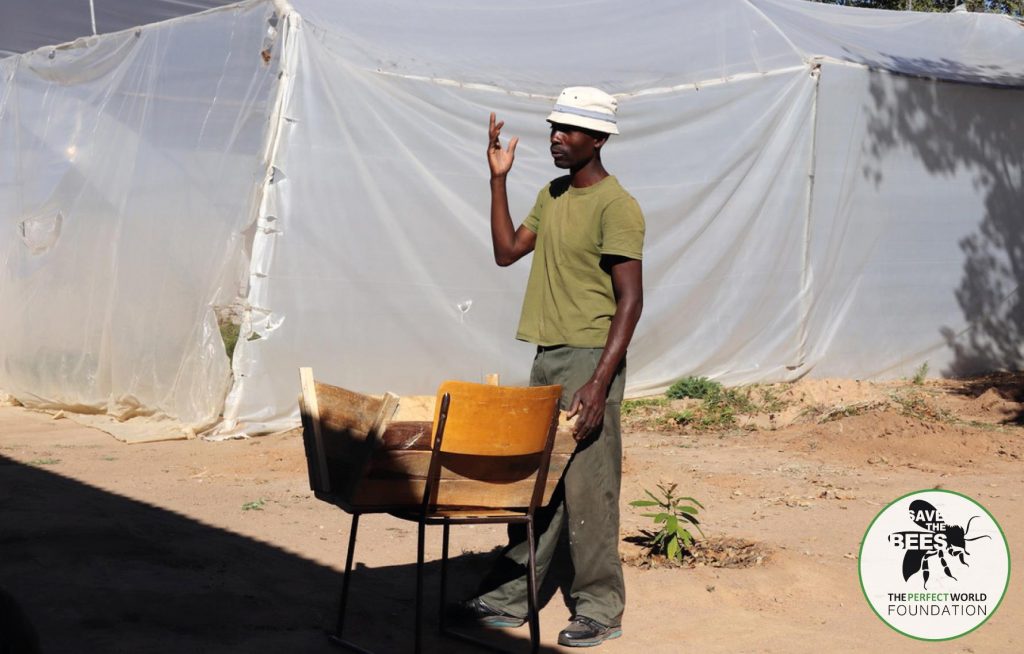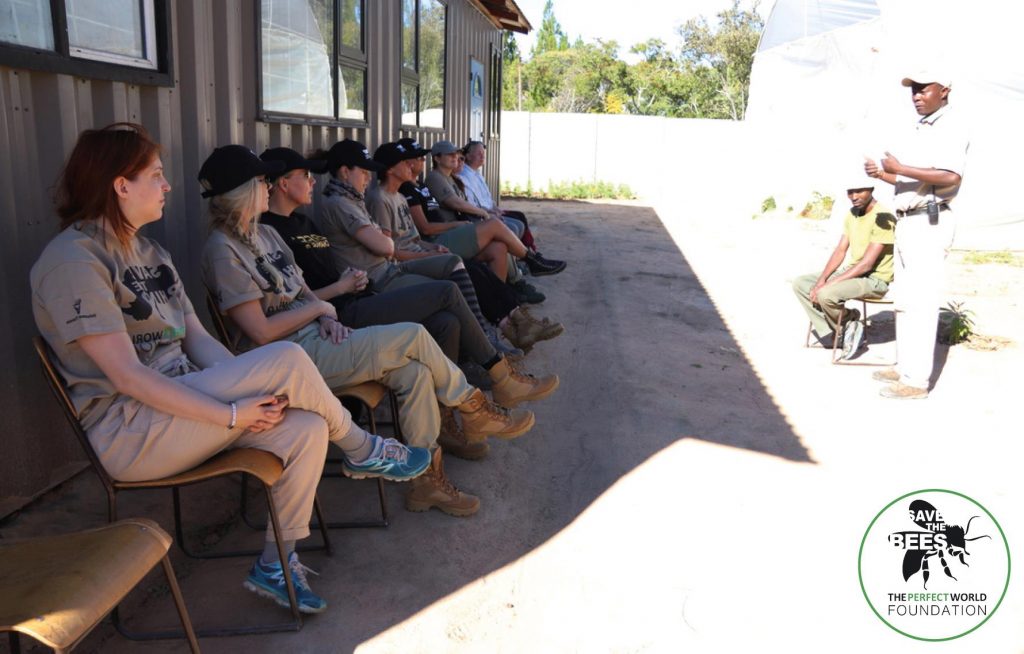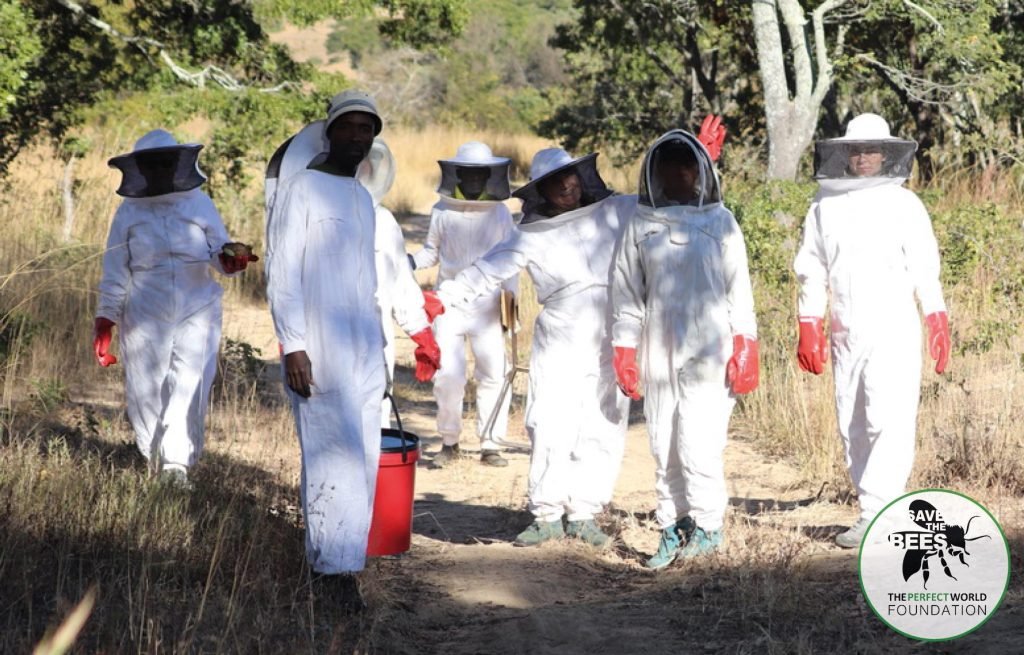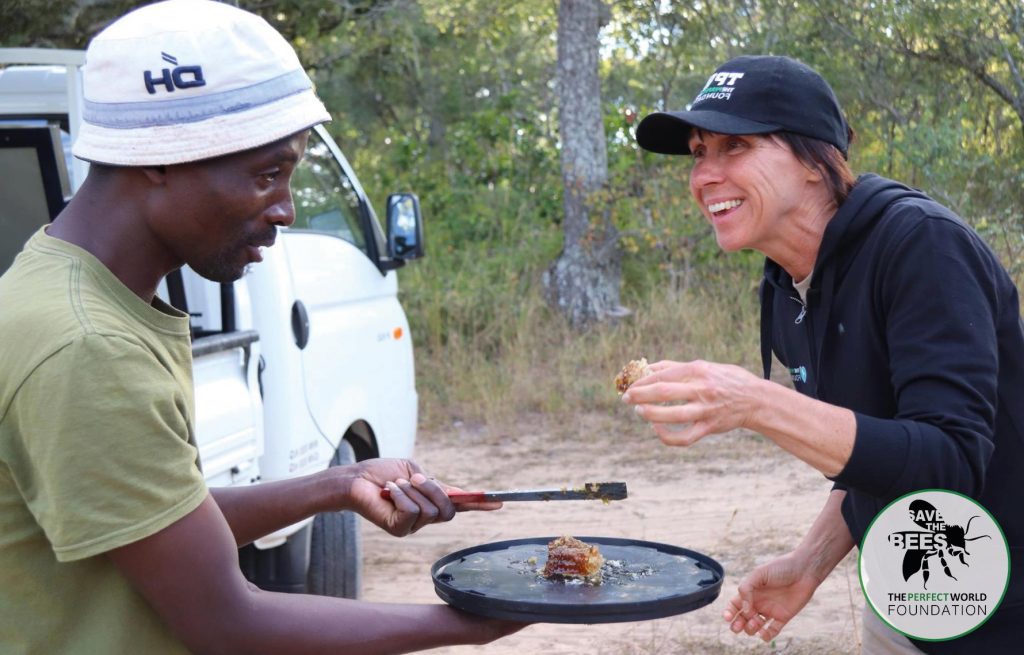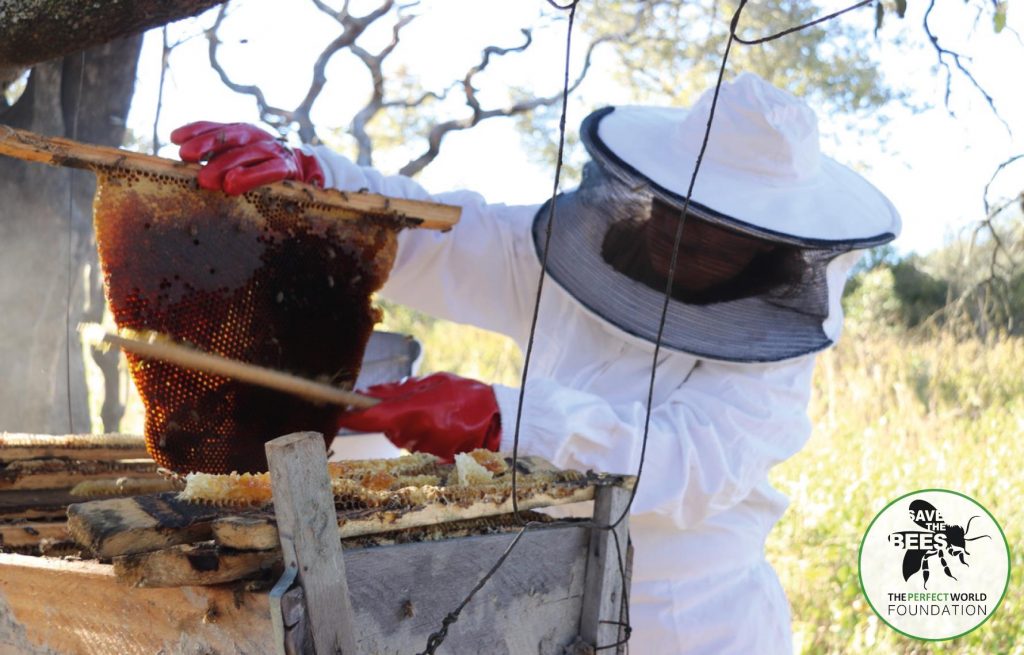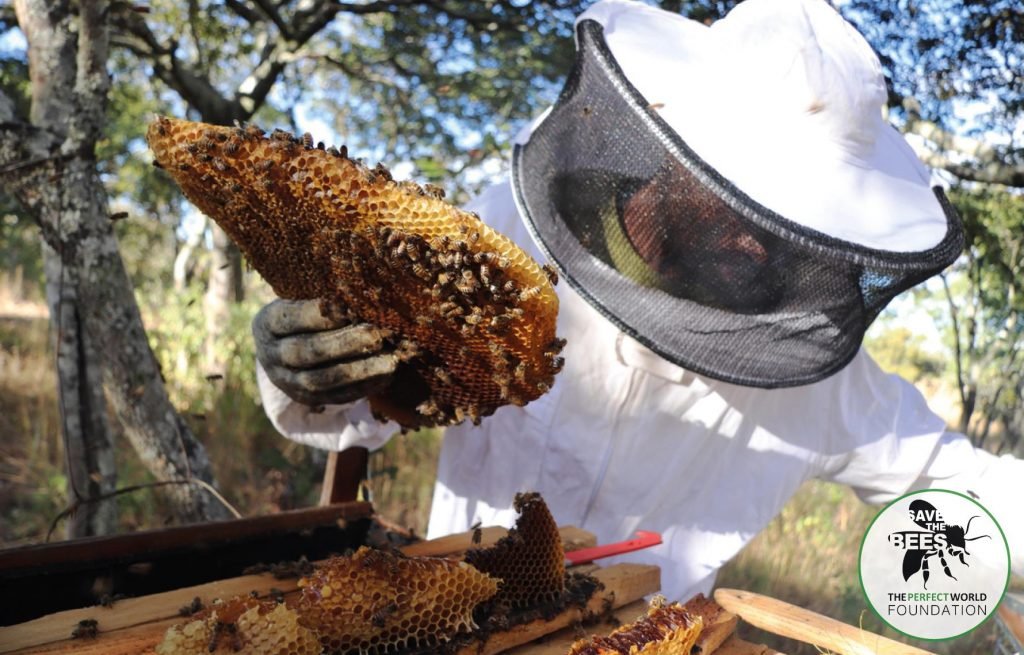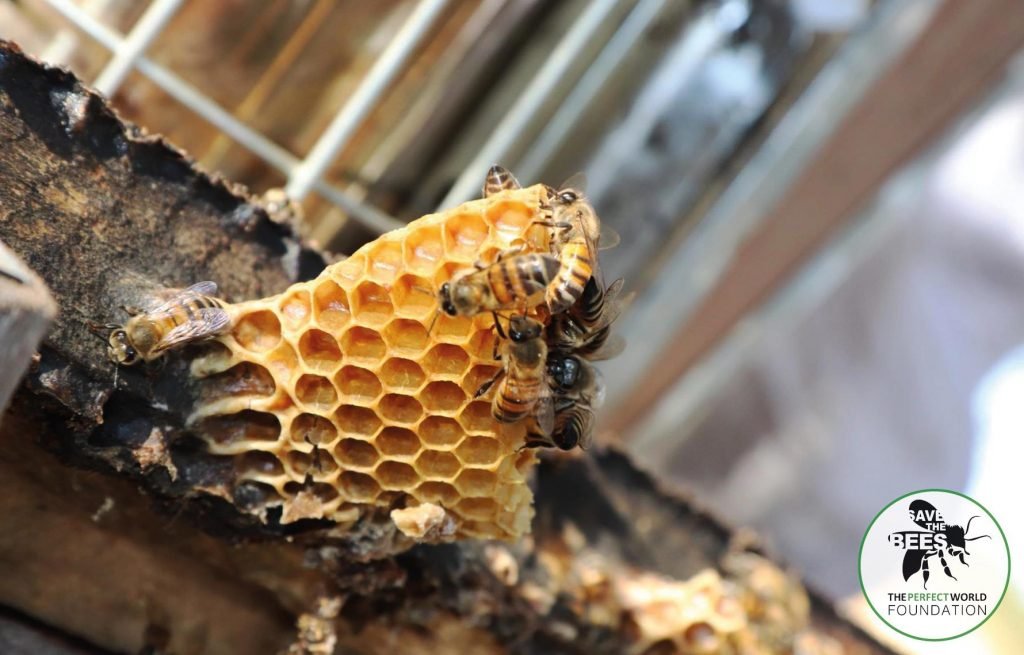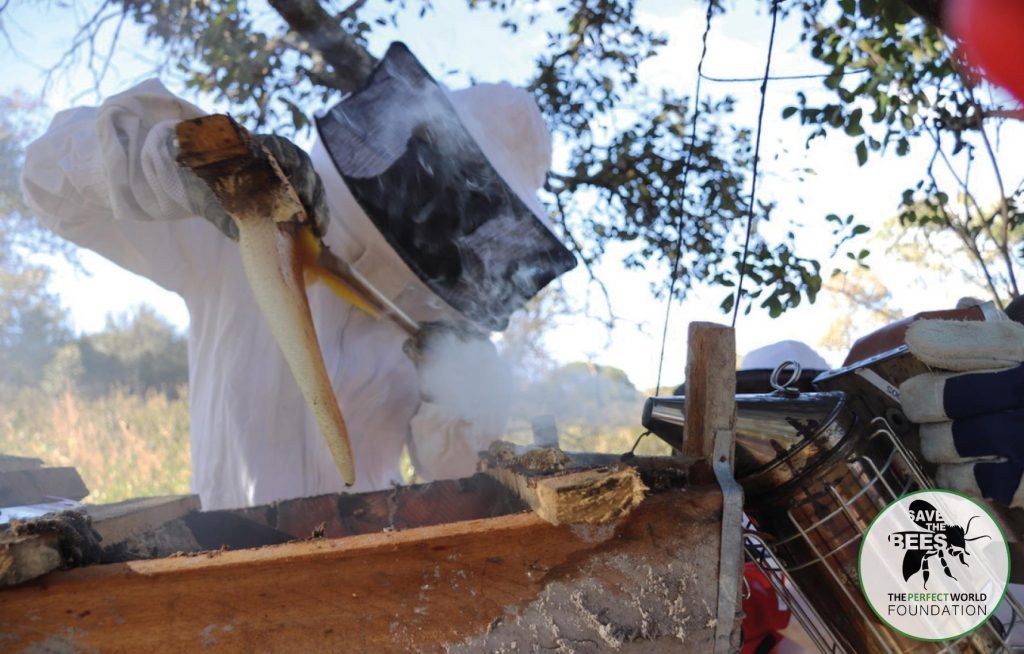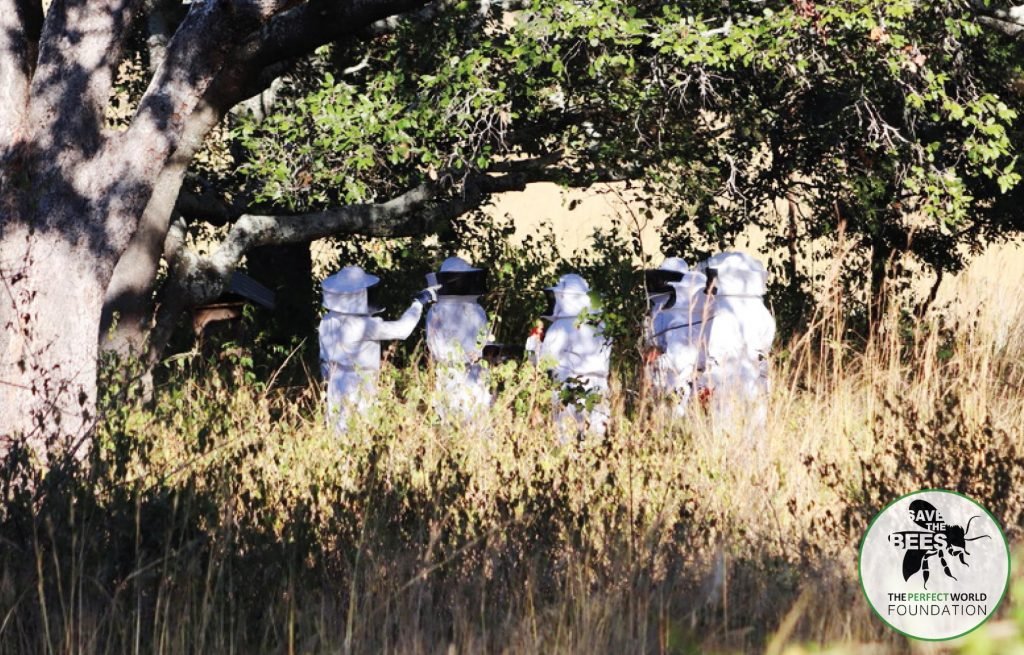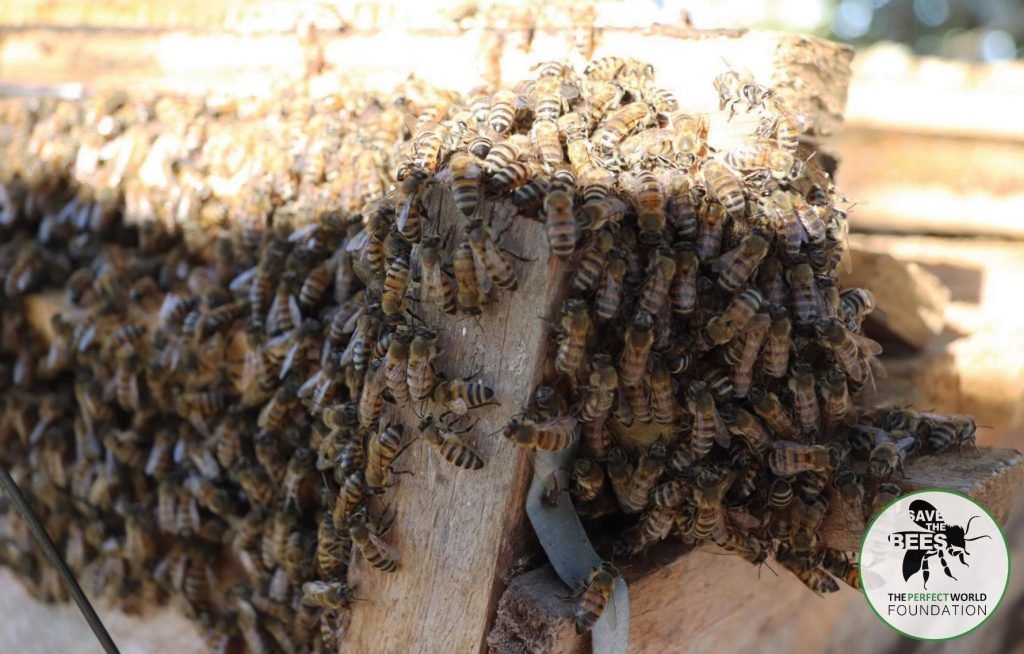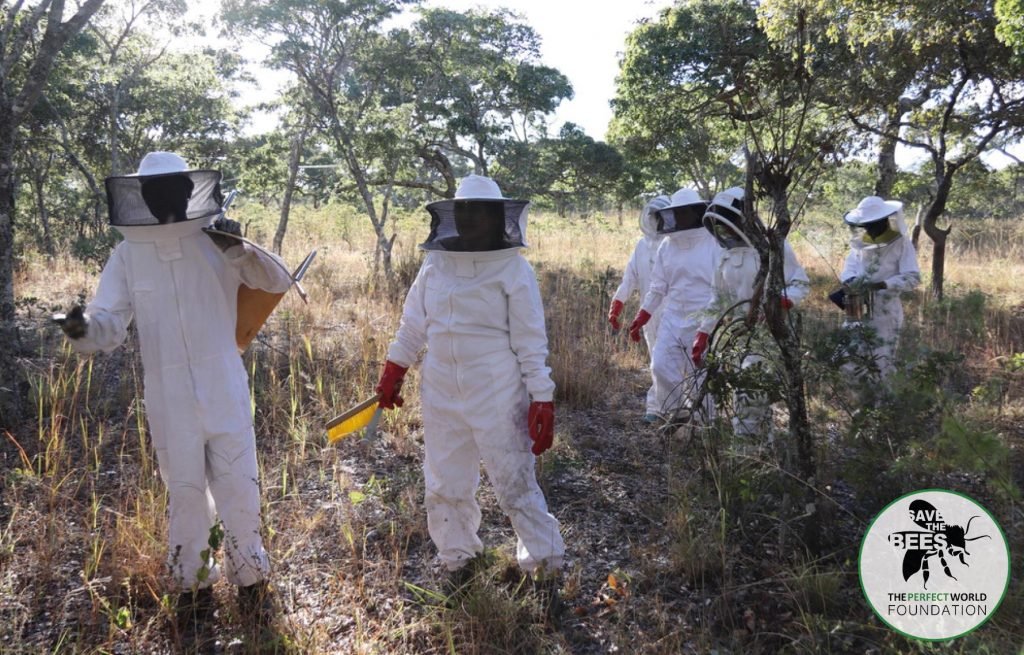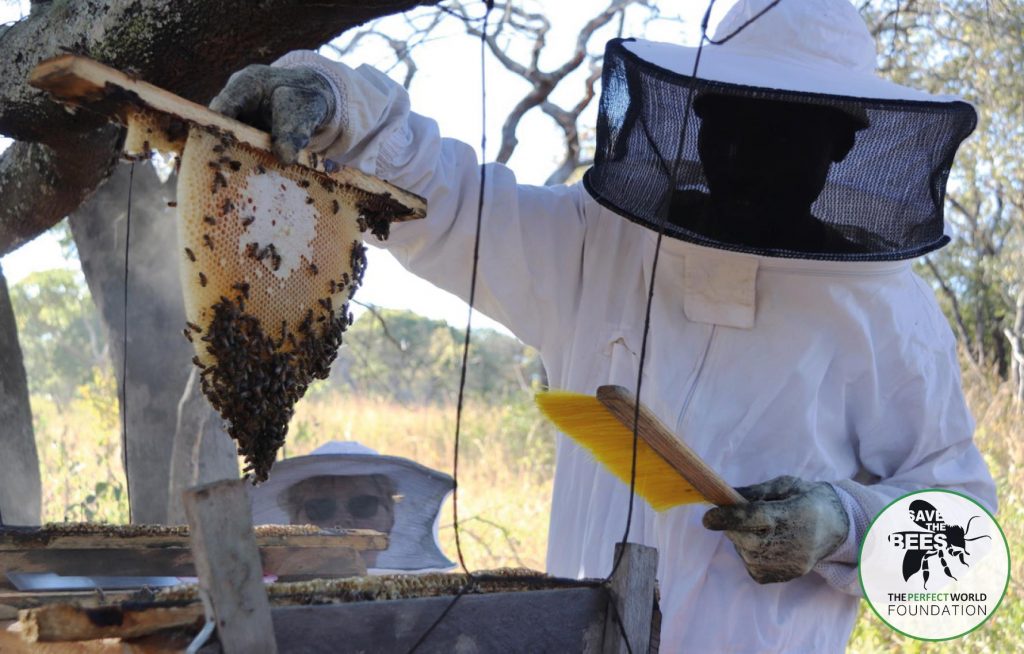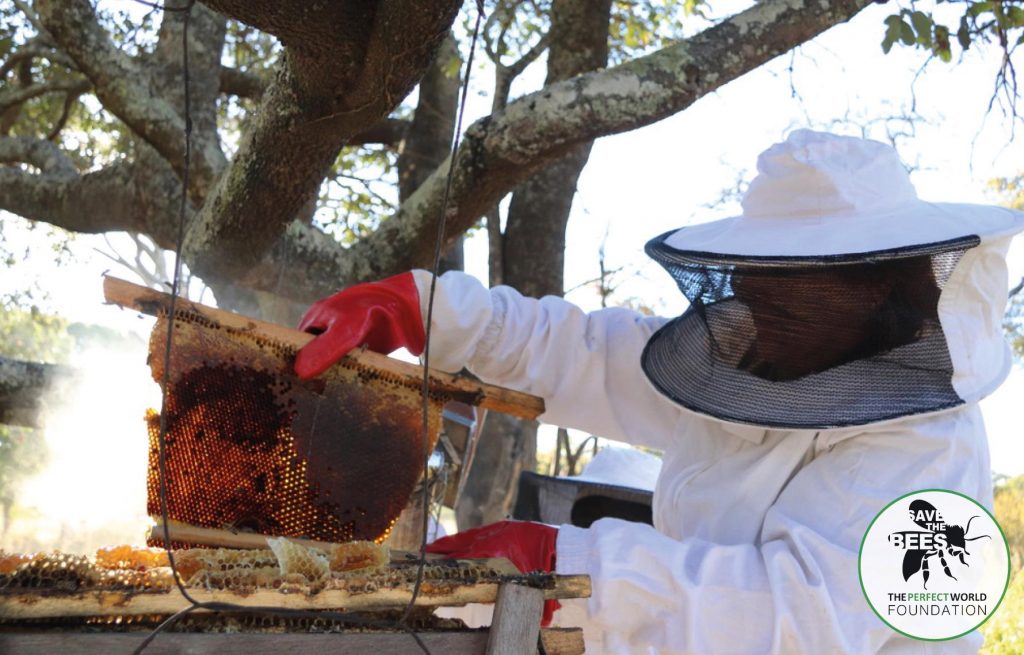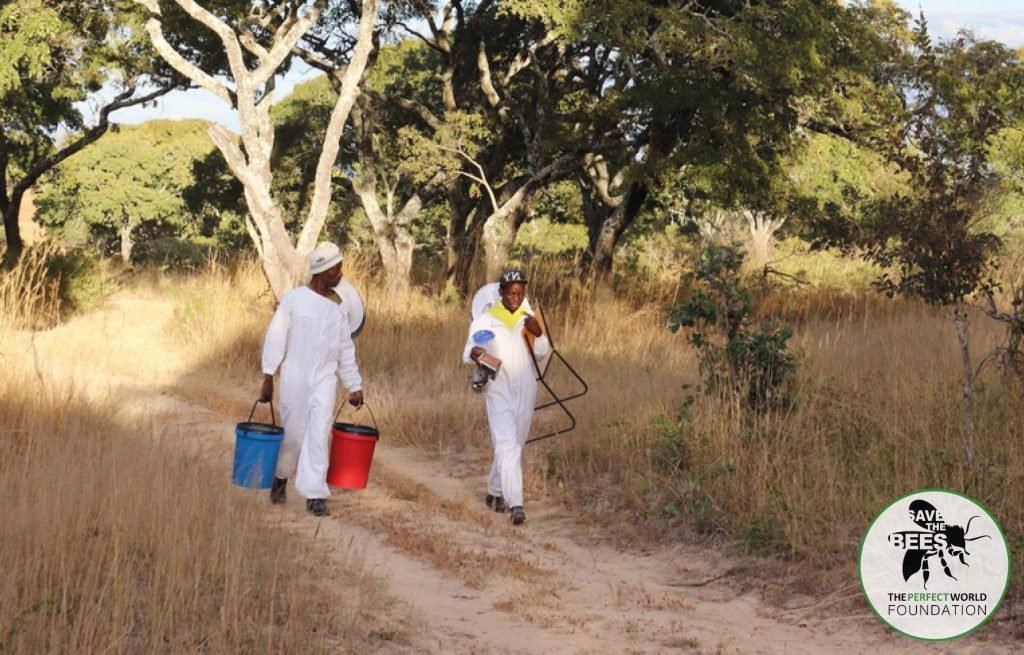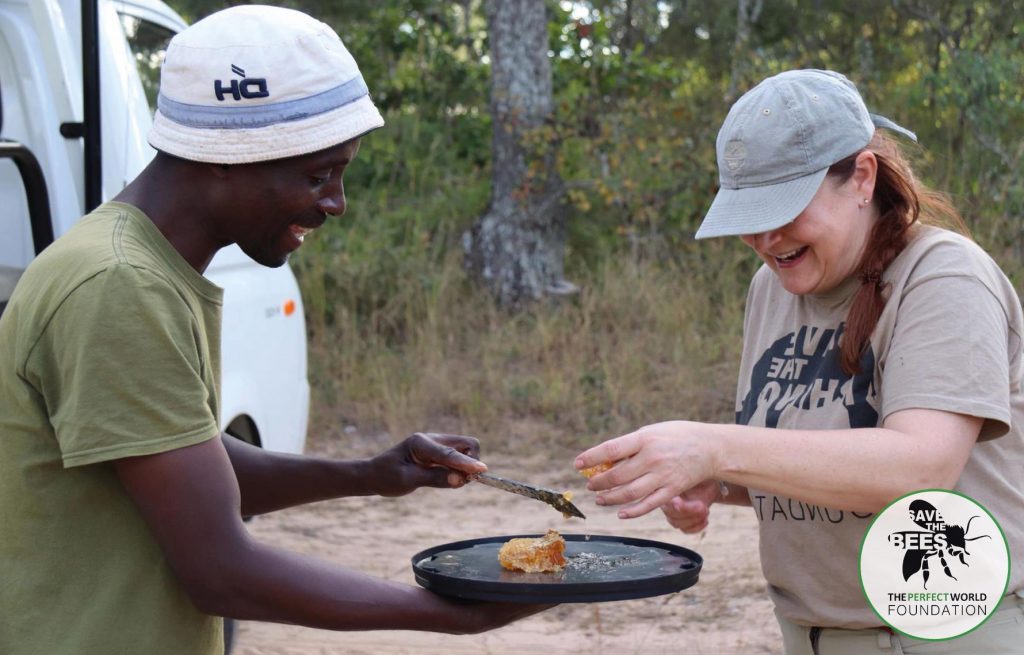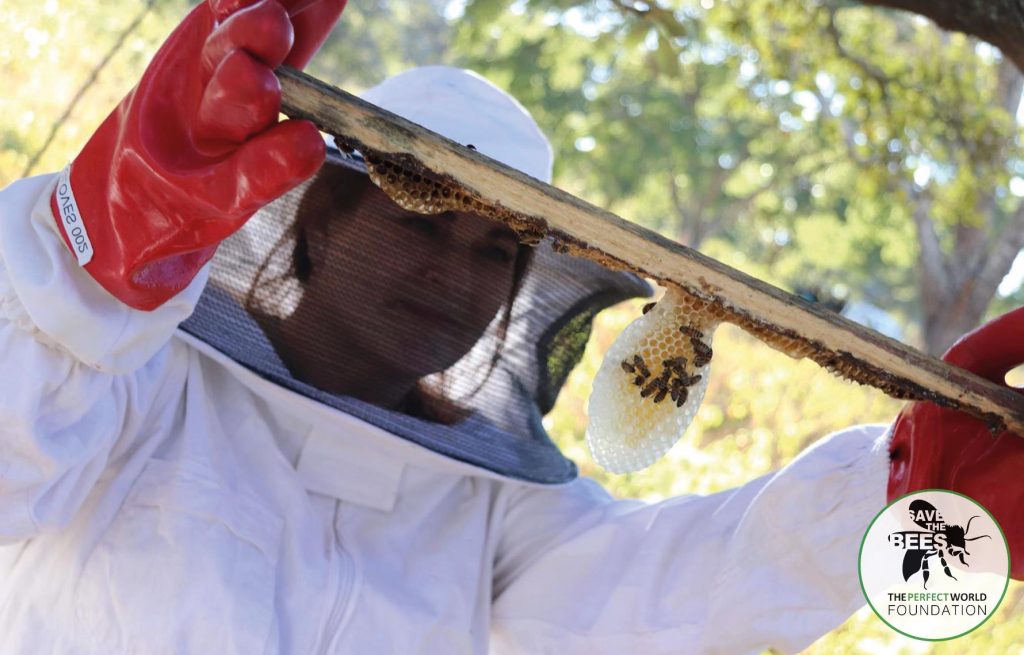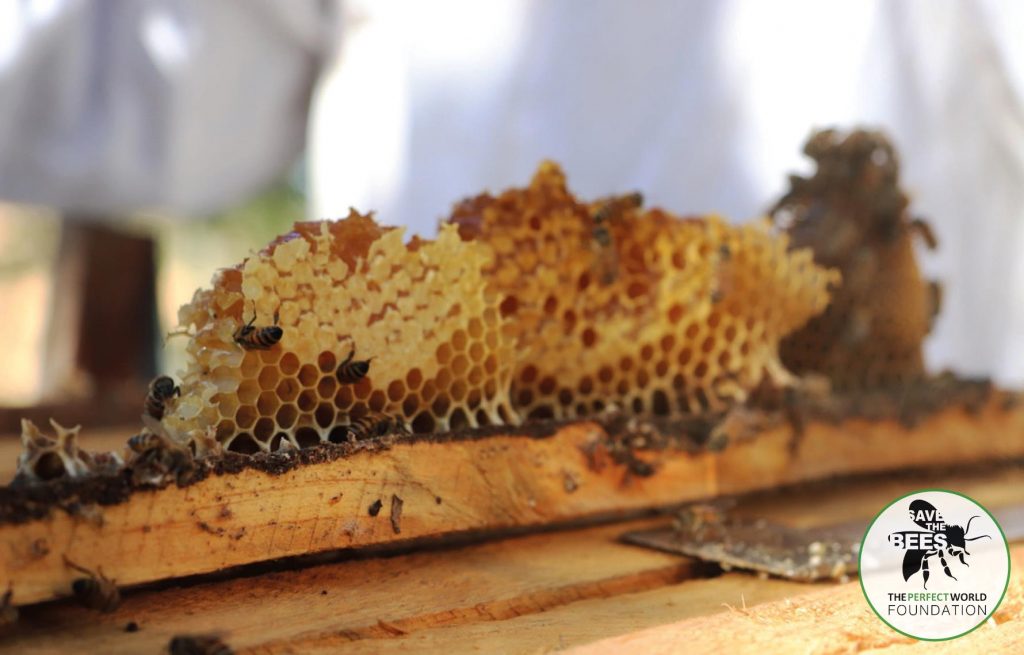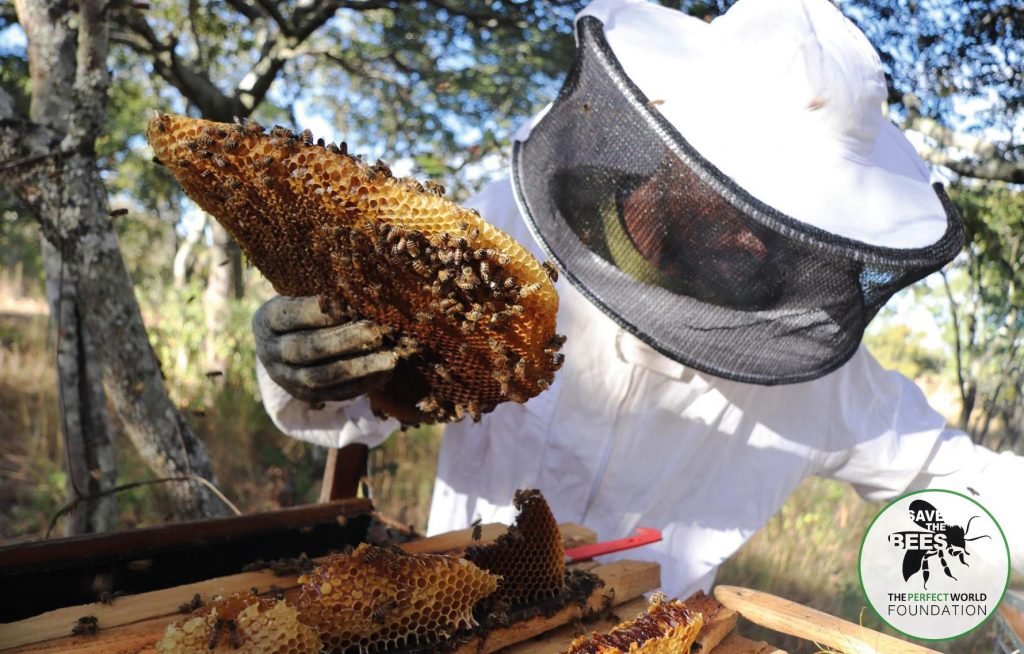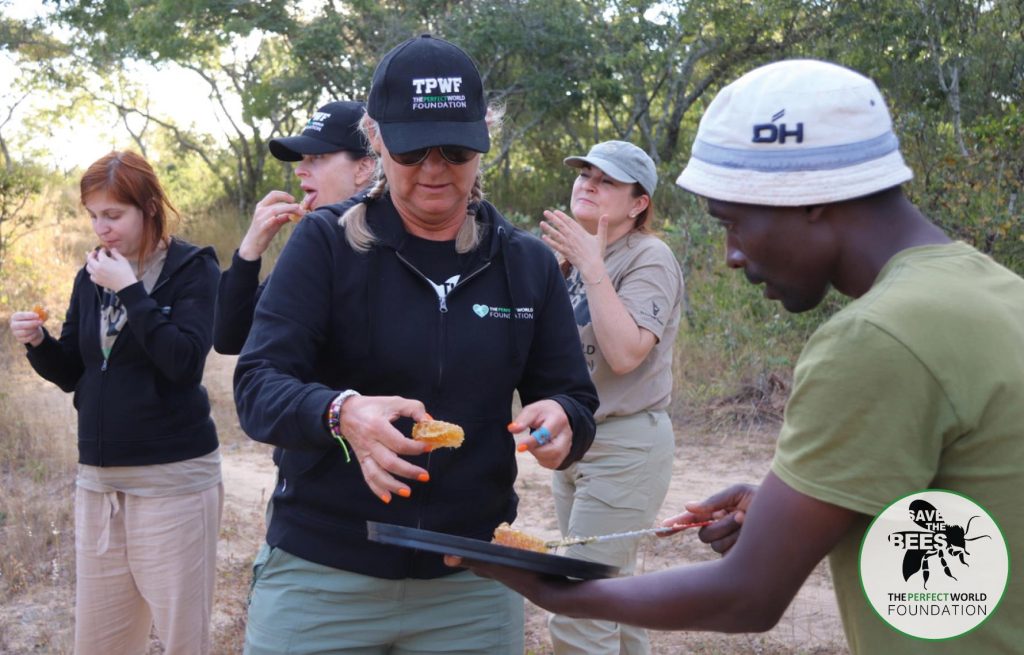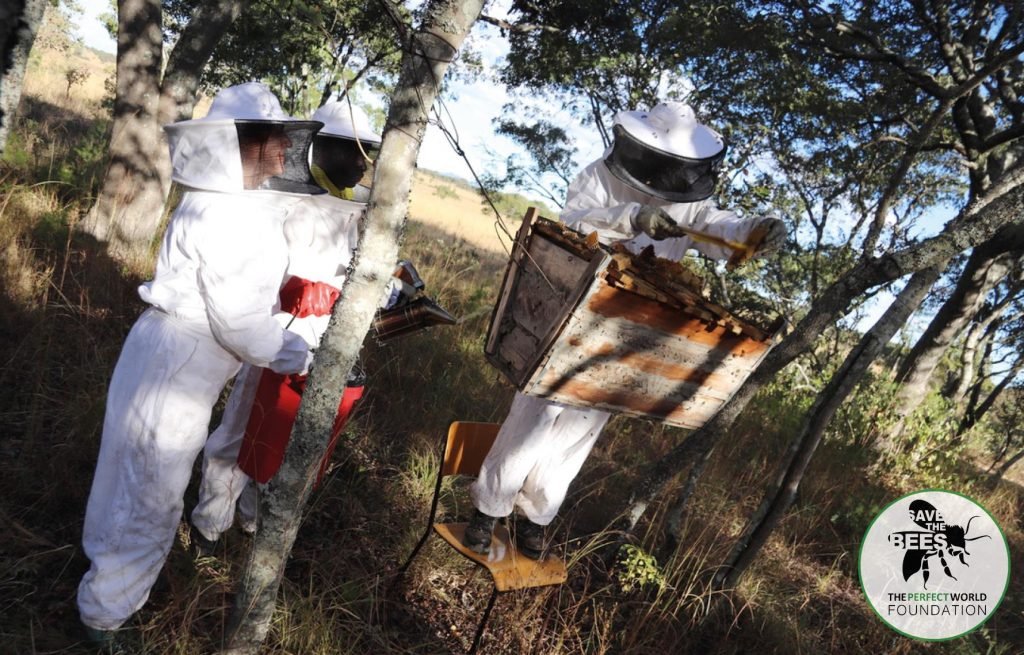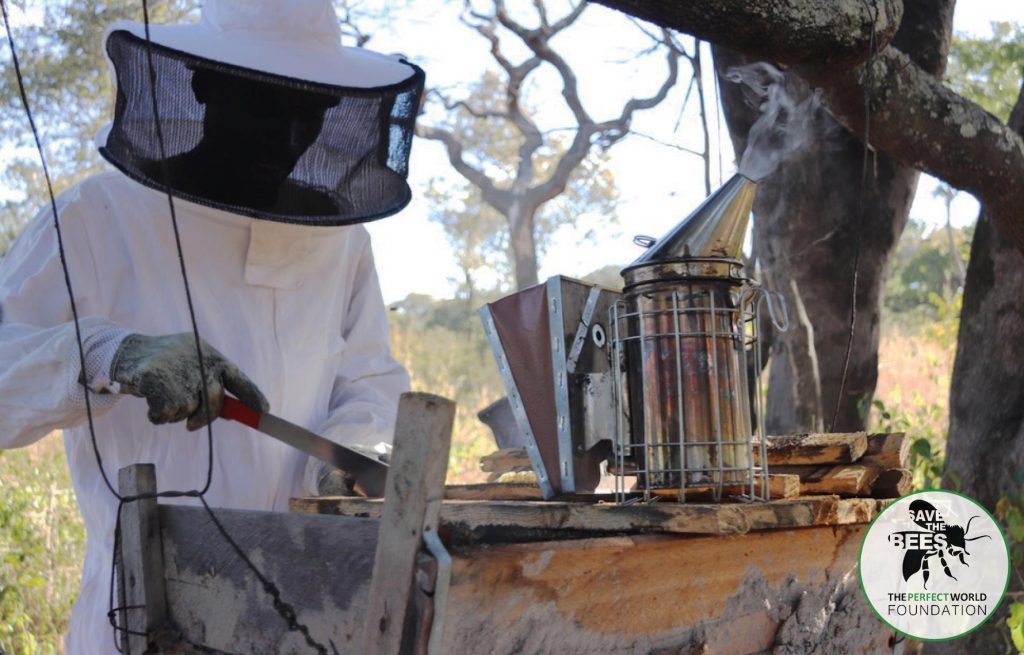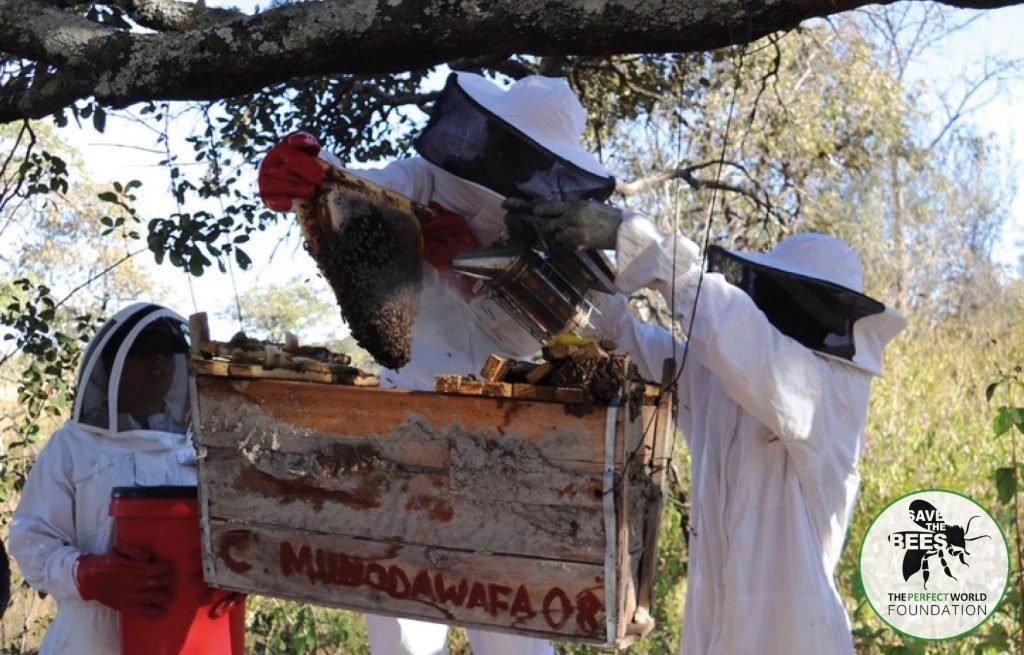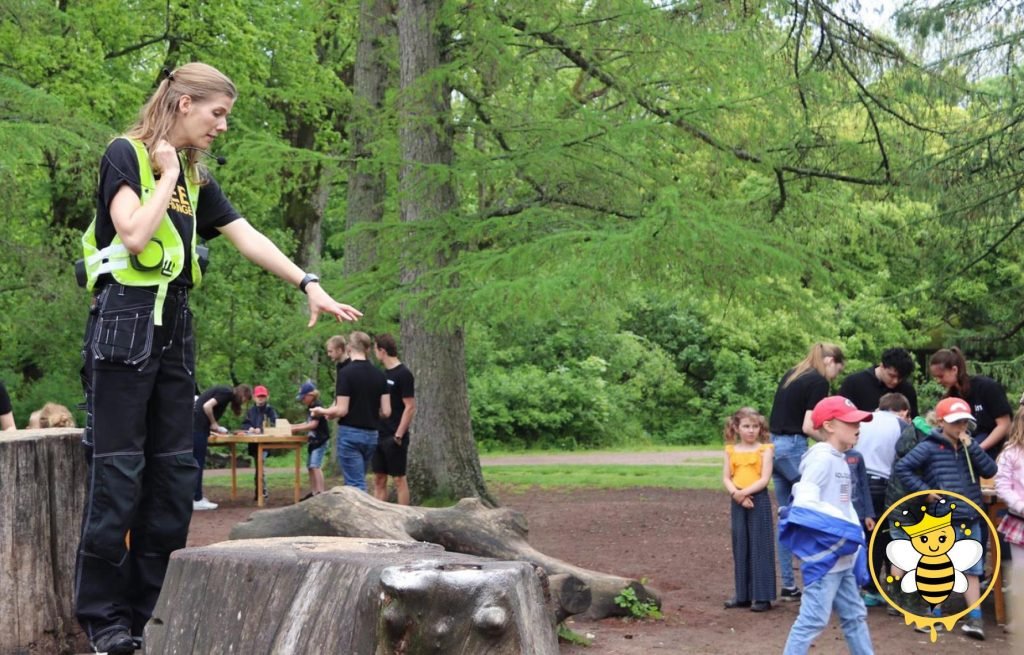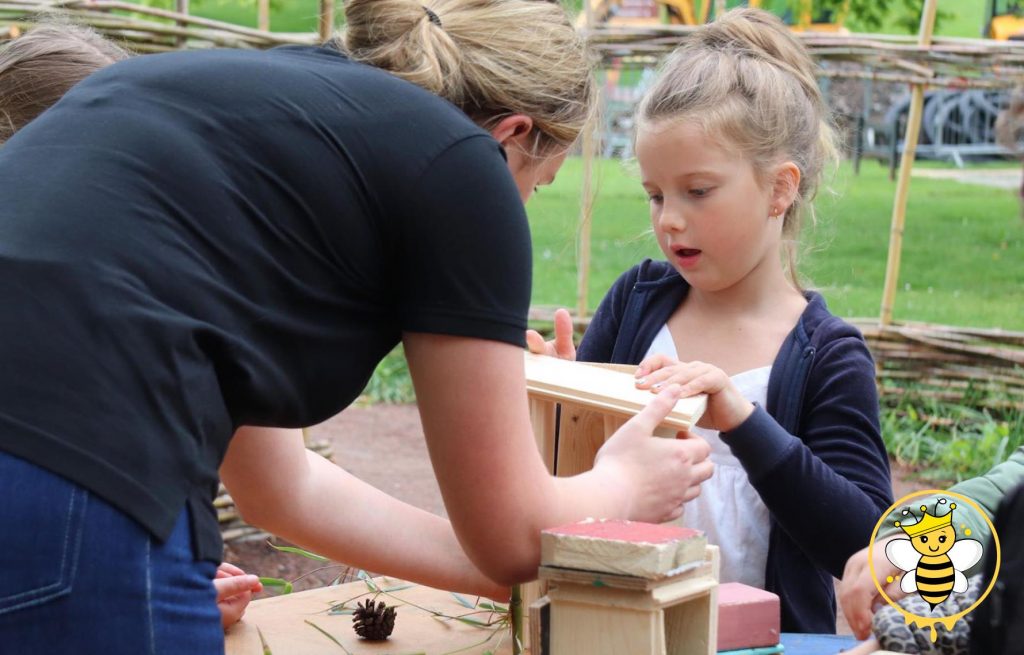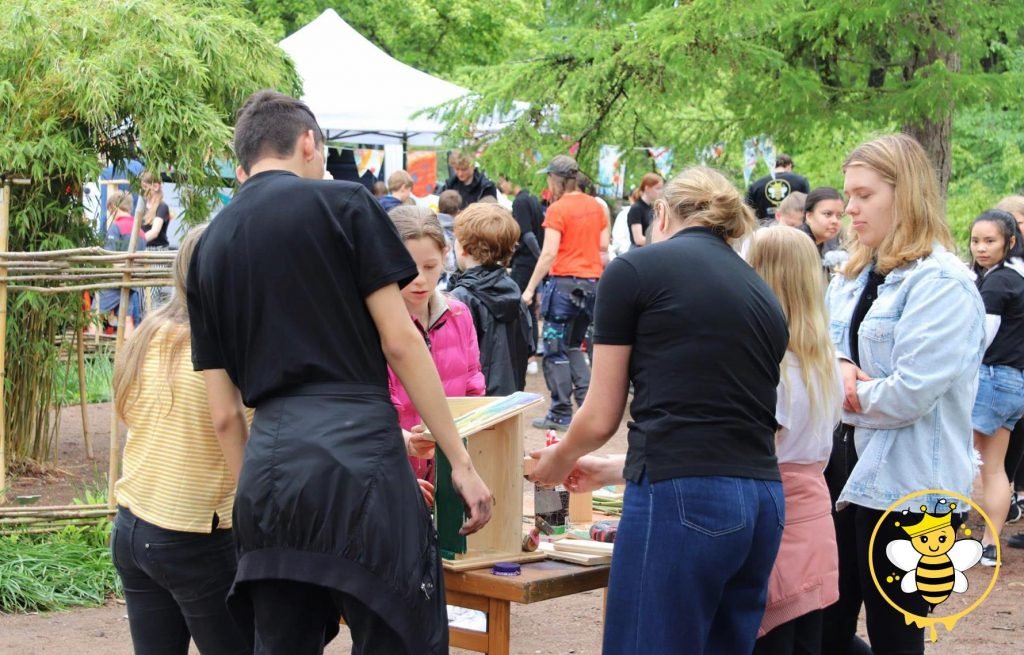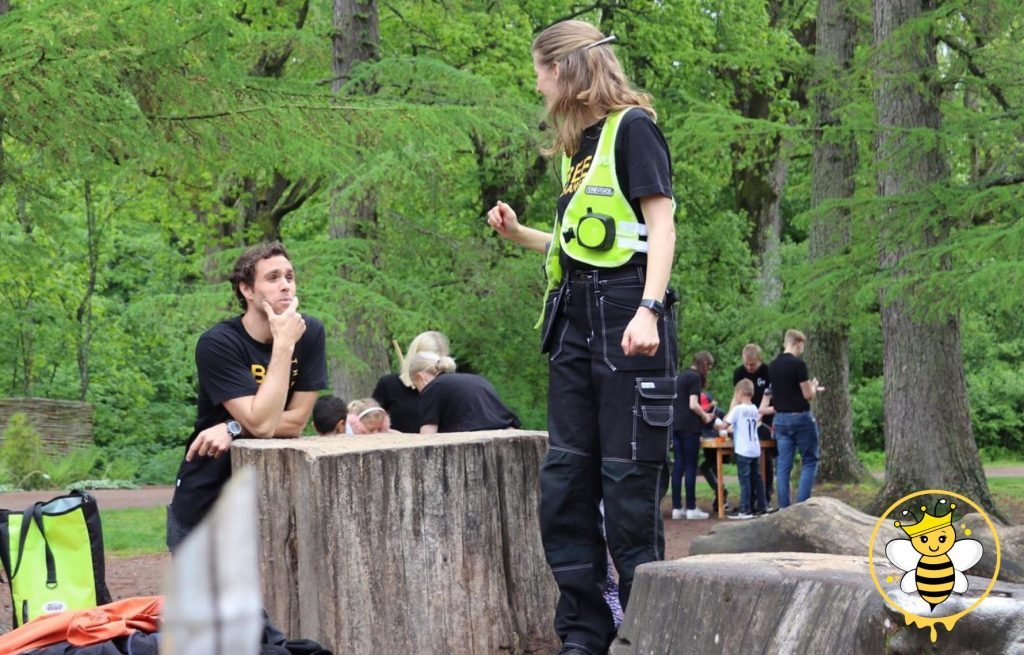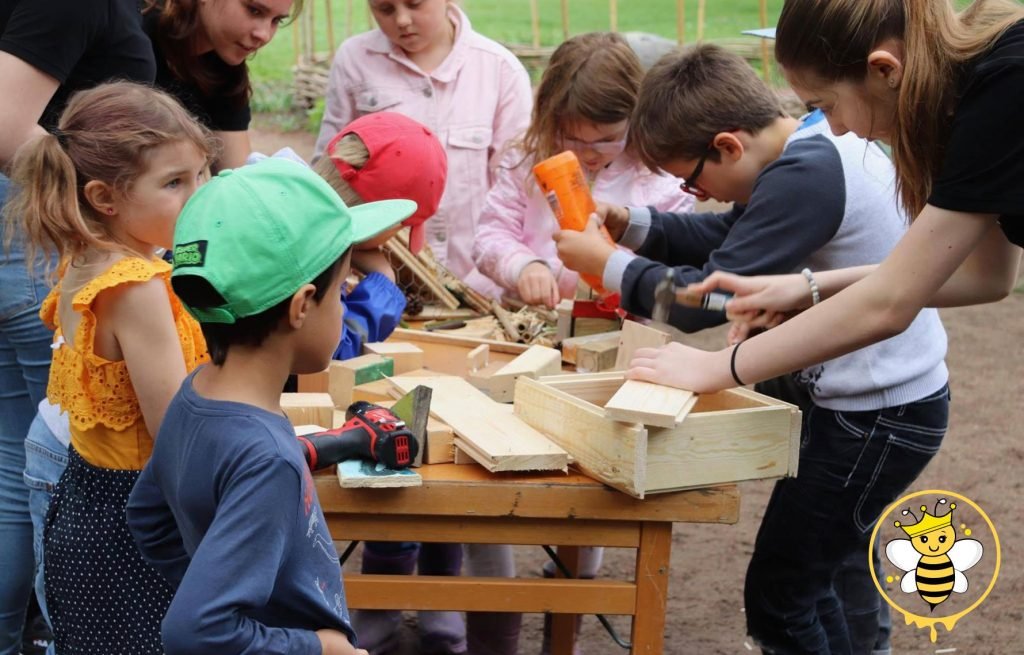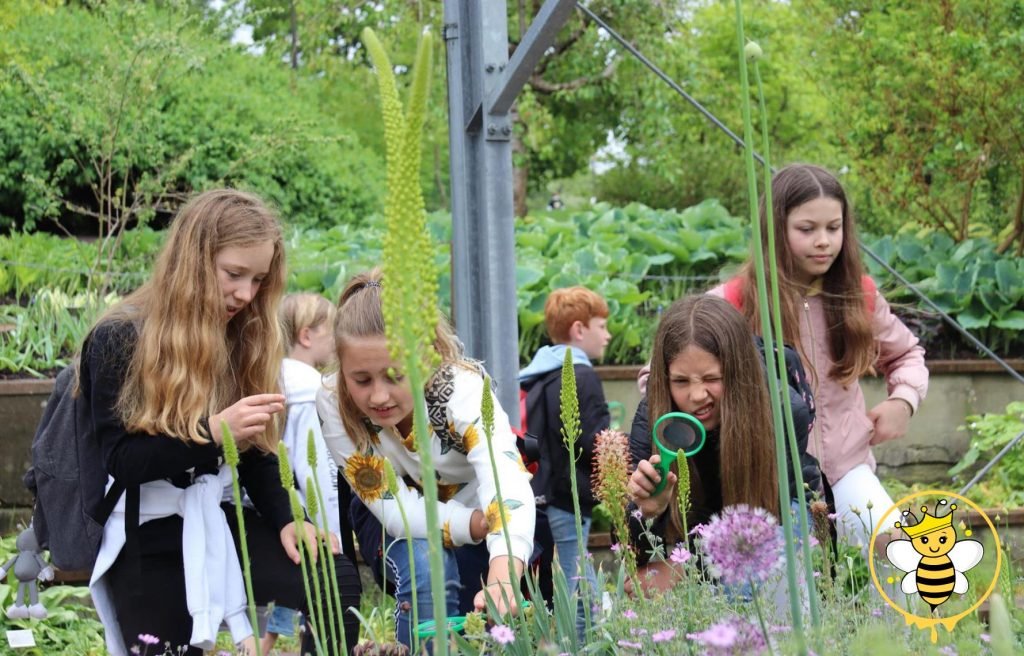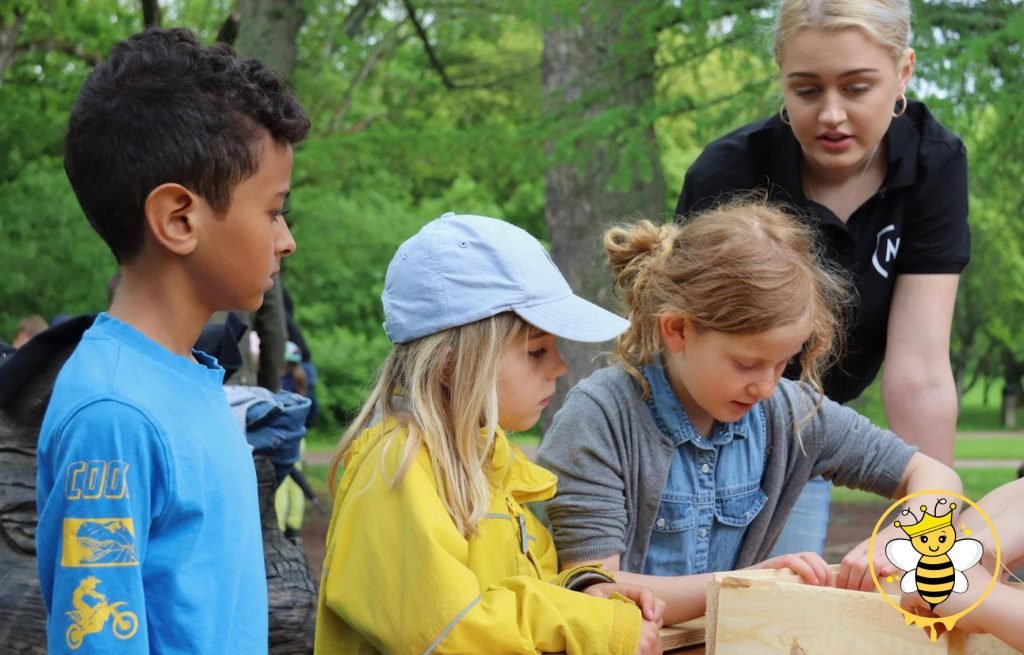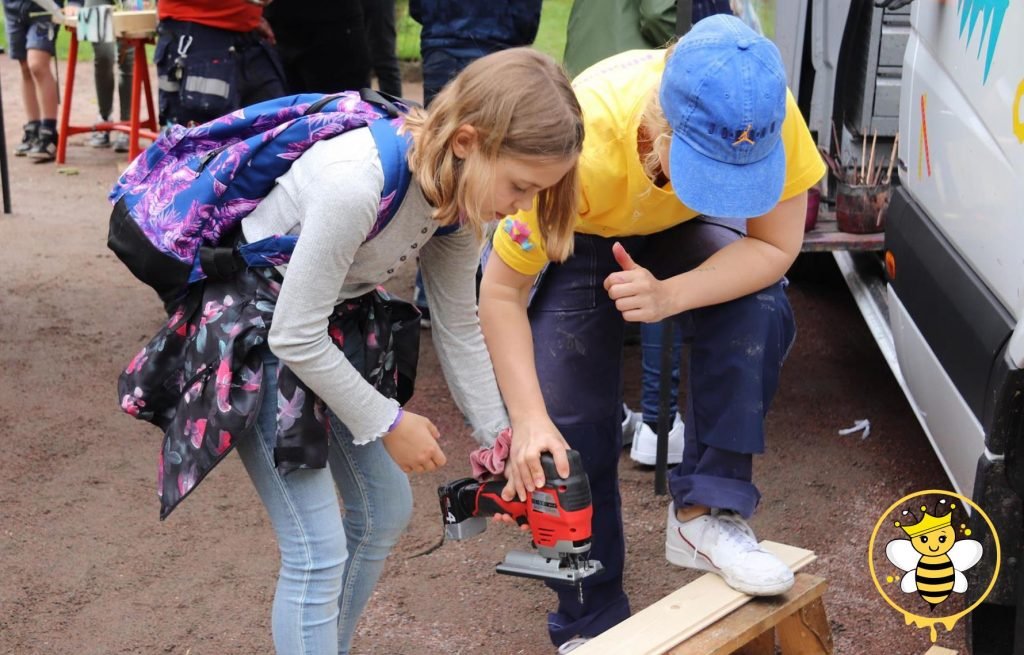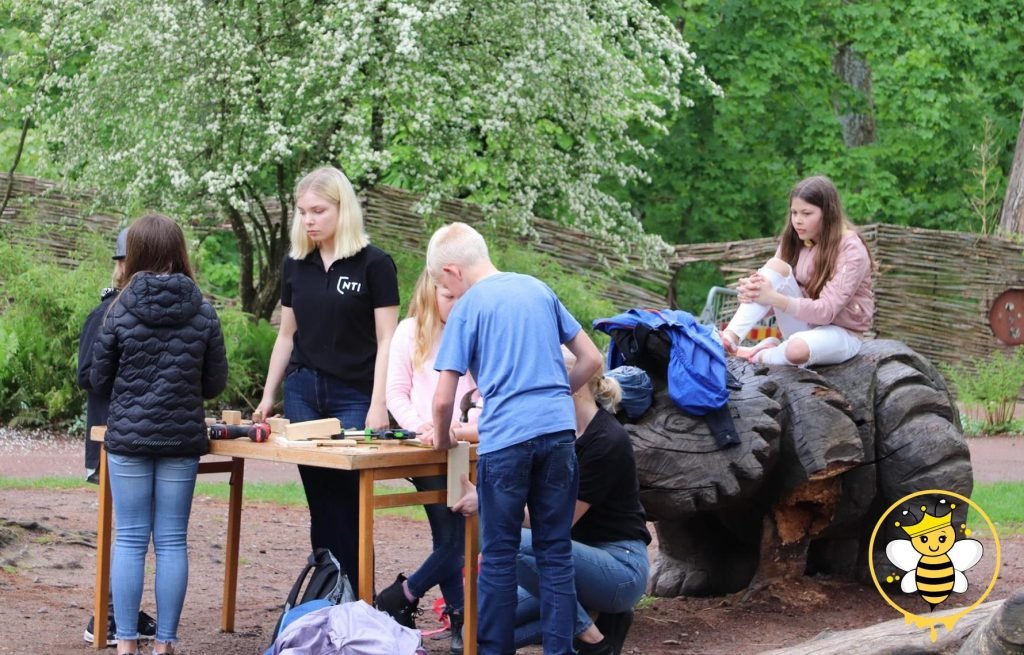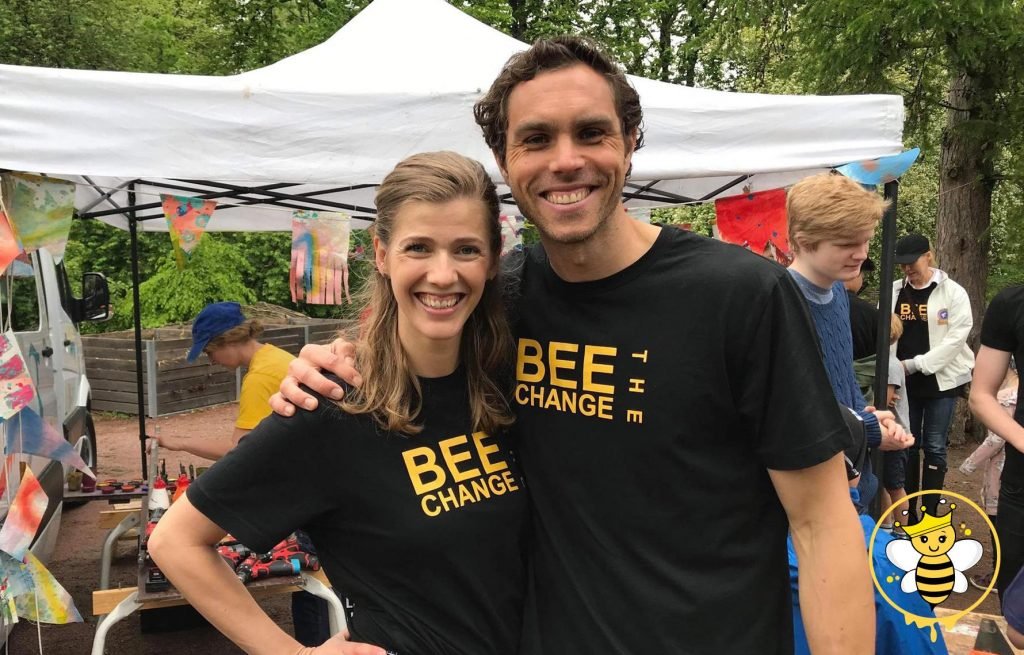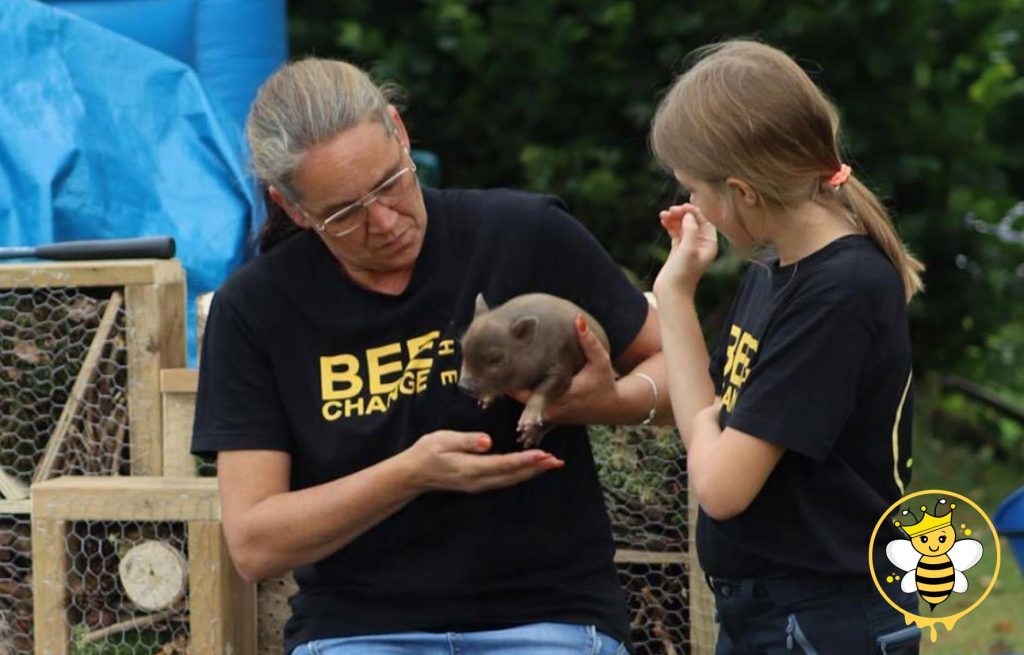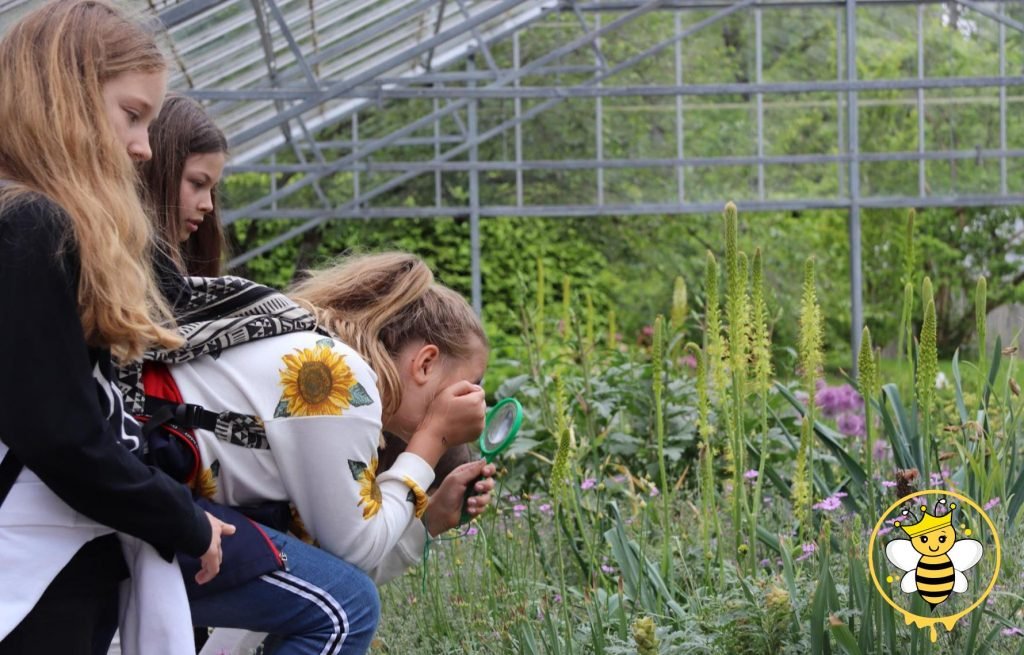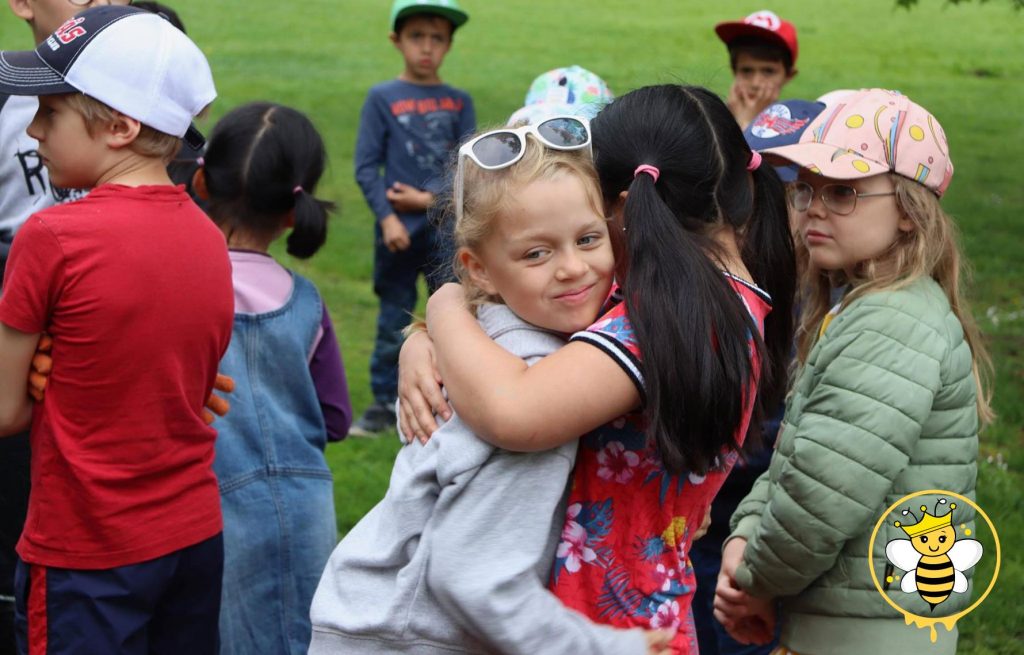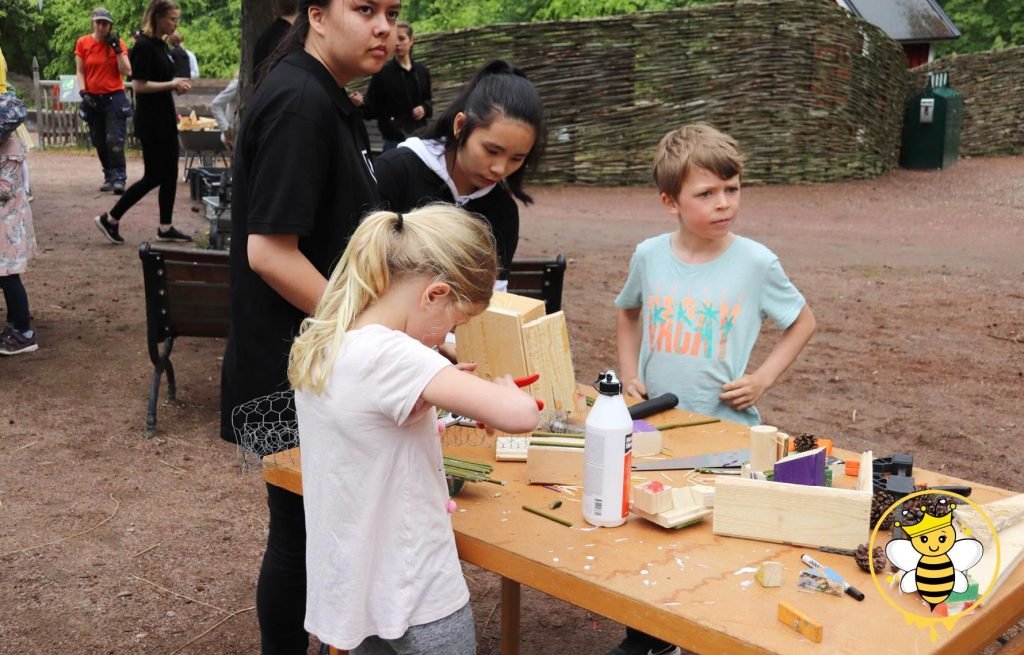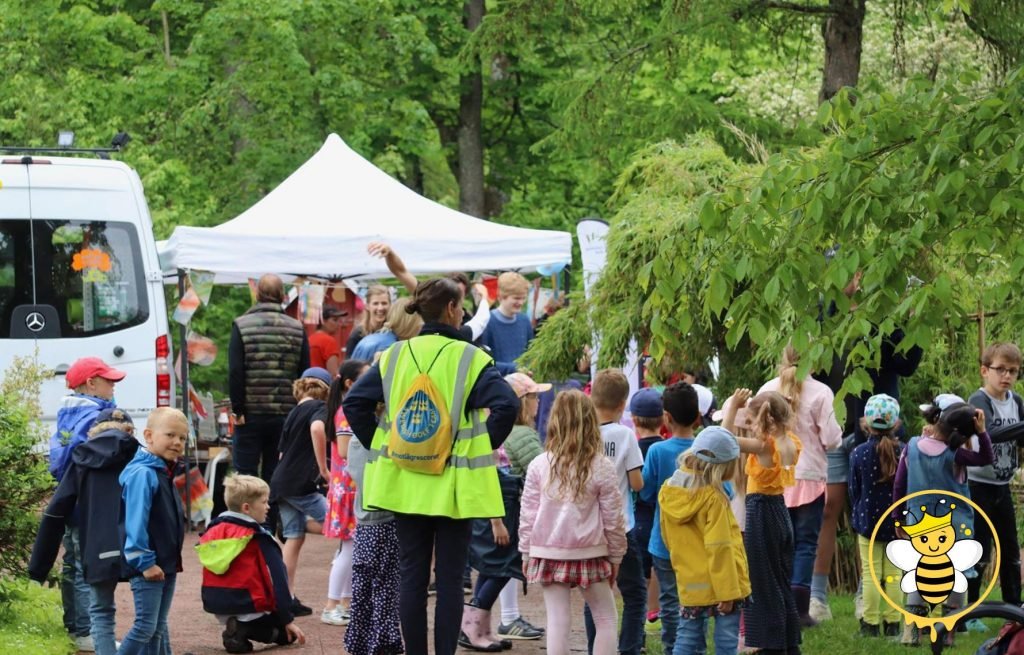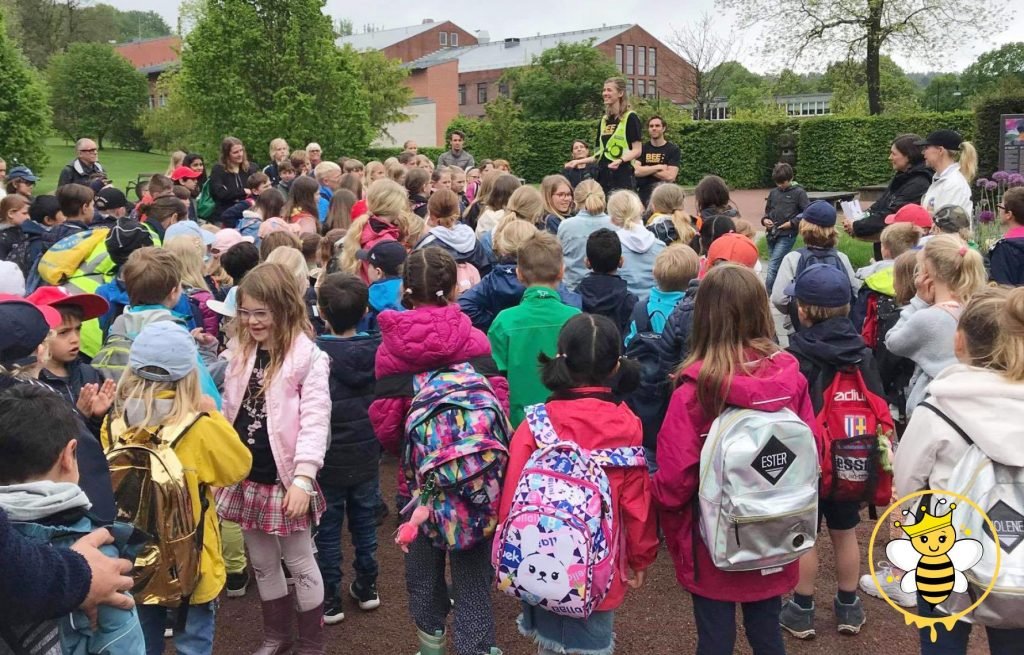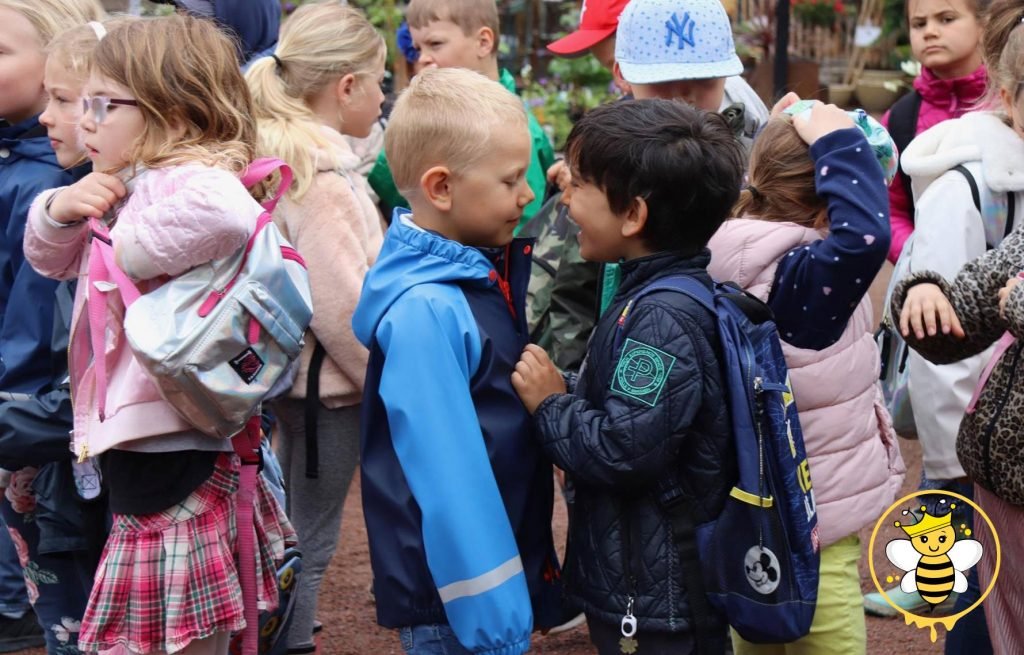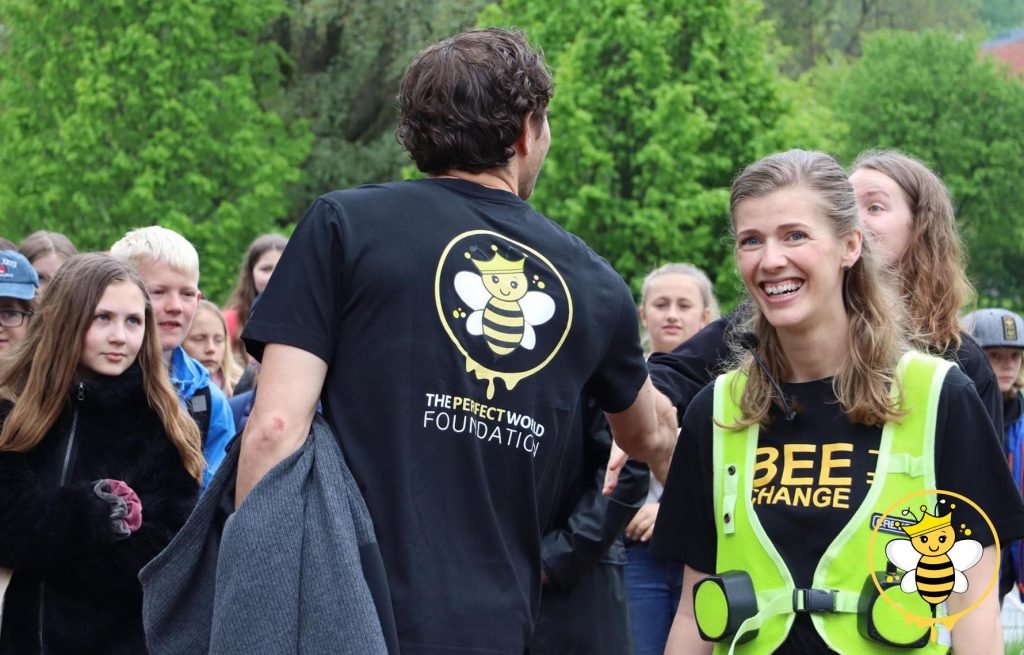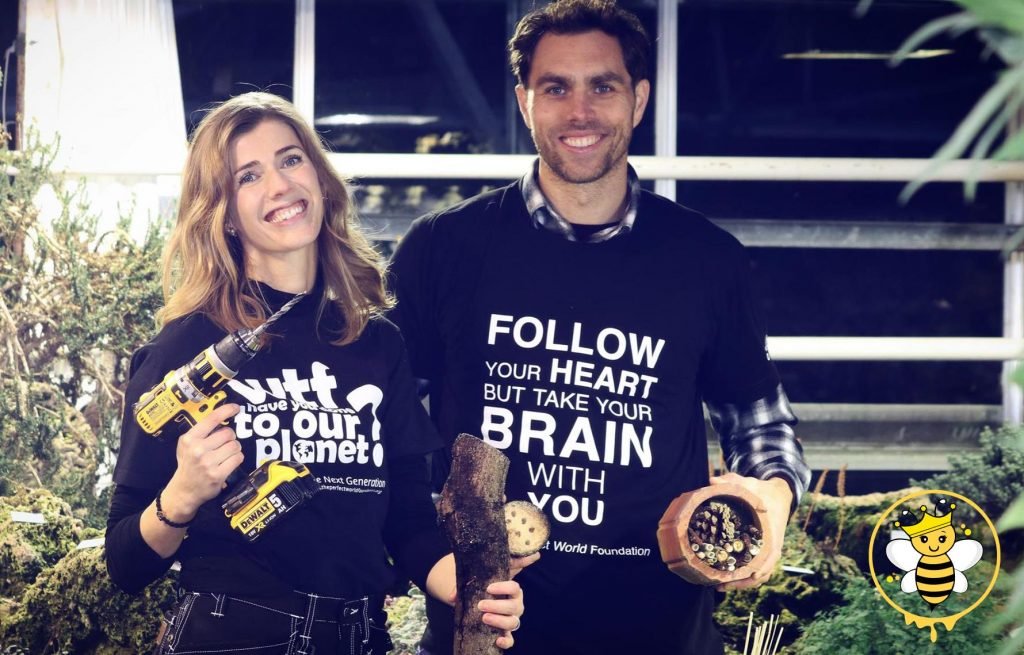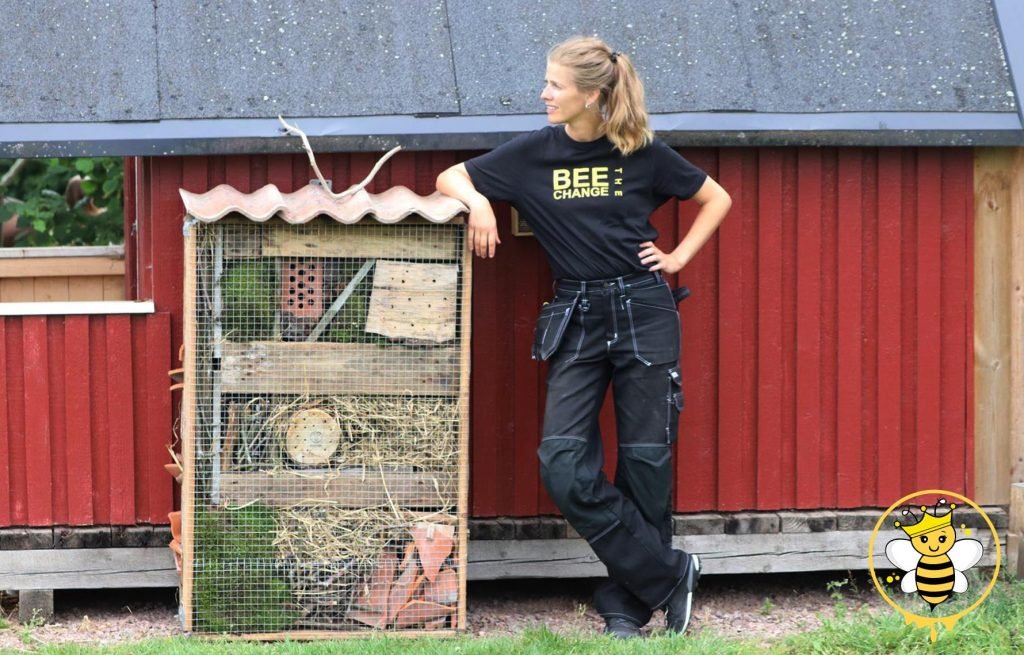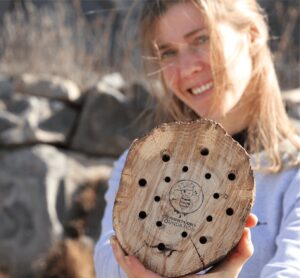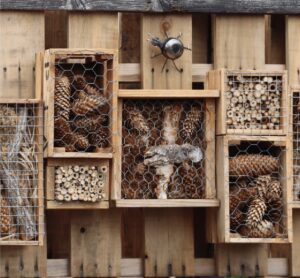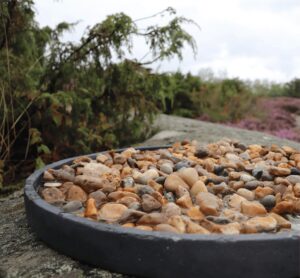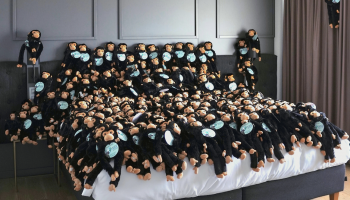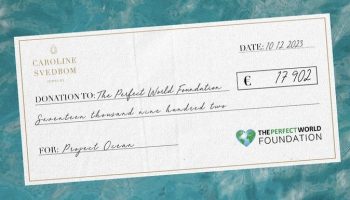SAVE THE POLLINATORS
If the pollinators vanish, us humans will die of malnutrition
Birds, bats, bees, butterflies, beetles, and other small animals that pollinate plants are responsible for bringing us one out of every three bites of food. They also sustain our ecosystems and produce our natural resources by helping plants reproduce.
Pesticides, climate change, and monoculture are believed to be the most likely explications to the decline of pollinators, as more and more species of insects disappear. Even more scary, is that it is difficult to see what is happening, before it could be too late. It is impossible to count insects in the same way that we can count the number of elephants, but we will notice when they are gone, and our supply of plant-based food will be in shortage. Besides the fact that us humans and other omnivores, as well as herbivore mammals will be severely affected from a decline of insects, it will also greatly affect all animals that have insects as their primary food source. Additionally, certain flowering plants that live in a close symbiosis with specific pollinators will also die, if the insects die.
of food you eat
has pollinators
contributed to
humanity will only survive
4 years before we die
of malnutrition
flying insects is
plummeting 6%
every year
Honeybees and Elephants
Our fundraising and donations in benefit of pollinators include support for a beekeeping project in South Africa. The conflict between elephants and farmers, caused by elephants passing through cultivated fields and destroying farmers’ crops and livelihoods, has escalated in Africa. The project aims to train farmers to become beekeepers. And the hives are placed in strategic places to create ‘beehive fences’ to lead elephants away from farmlands – because it turns out, elephants are afraid of bees. The beekeeping project has calmed down the conflict between farmers and elephants and has reduced the destruction of cultivated crops, and in addition the farmers now have honey to sell. The beehive fences also protect habitats, such as forests, from the migratory elephants, which reduce the risk of desertification, and in addition trees very efficiently absorb atmospheric carbon dioxide (CO2), which counteracts global warming.
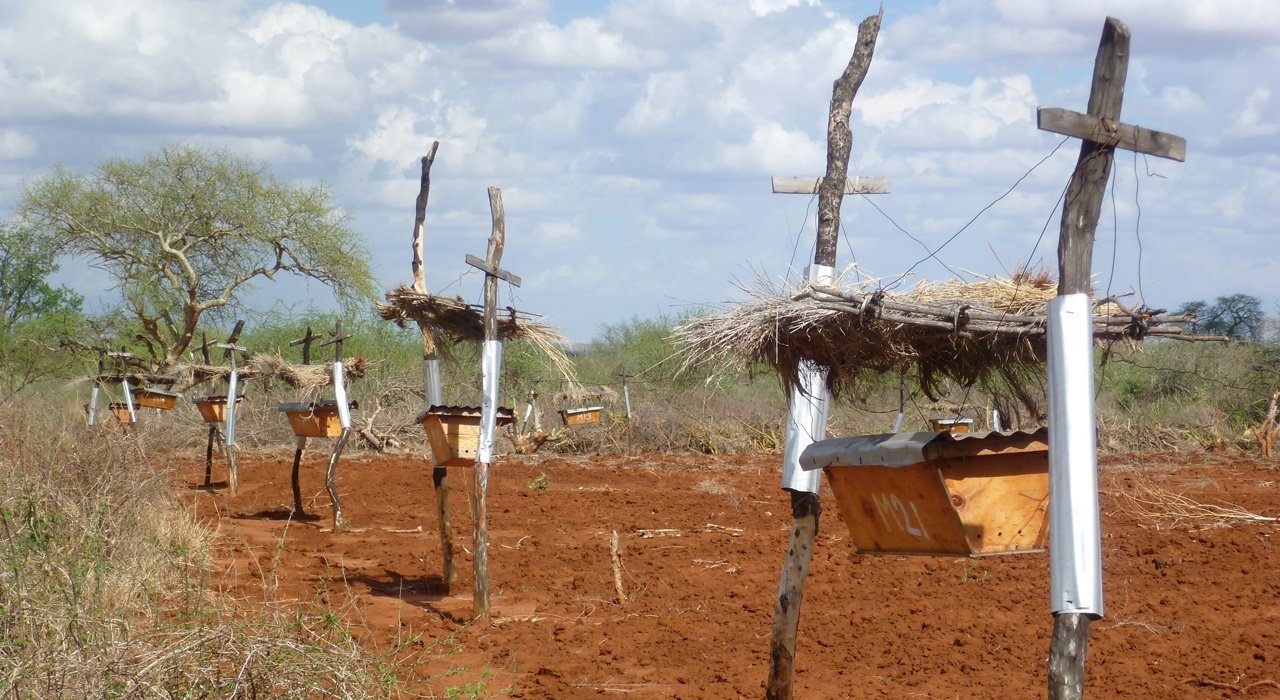
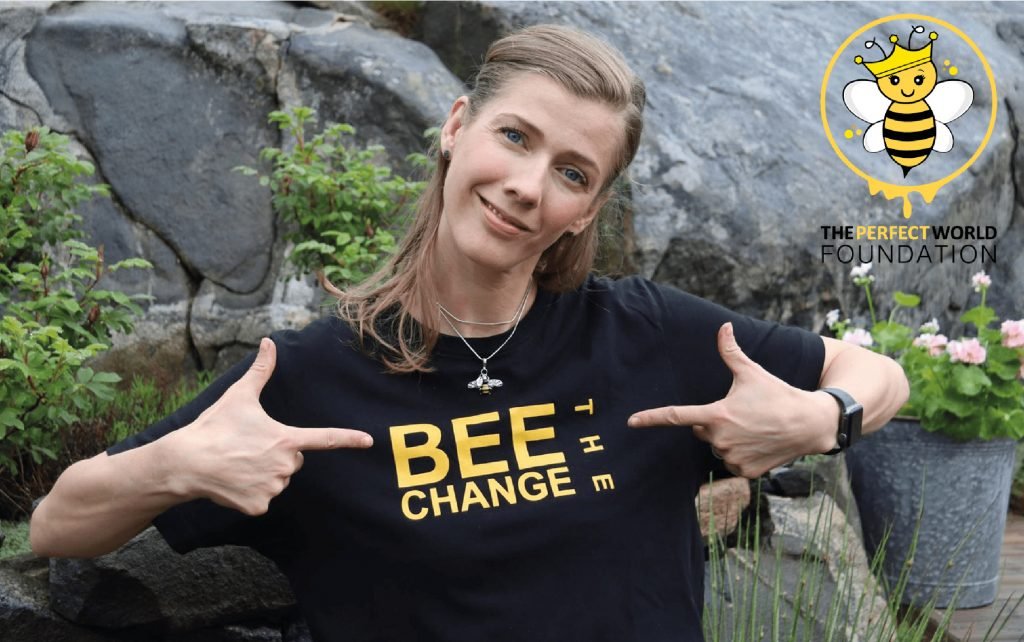
School Project – Save the Queen
“Save the Queen” is The Perfect World Foundation’s school project. In this project, together with the Botanical Gardens in Gothenburg, we have compiled educational material that will teach children (and adults) about pollinators, their importance, and what we can do to help and protect them. The Perfect World representatives from the project visit schools and talk to pupils about how important insects are to us all. And to creatively and playfully increase students’ knowledge about pollinators, we also invite the children to a competition in building the best and most beautiful insect hotel.
Build your own insect hotel
To create a home for bees and other insects, you don’t need much – just a piece of wood and a drill. Drill 10 cm deep holes in different sizes, Ø 5-15 mm. You can also tie together a bundle of bamboo tubes.
An old wood pallet is a perfect setting for creating a whole ‘block’ of insect hotels. Create smaller sections with e.g. wooden boxes, which you fill with moss, sticks, pinecones, hollow bricks, wool and bamboo tubes. Cover the filled boxes with chicken nets, and then you can enjoy an increased biodiversity in your garden.
Just like us, pollinators need access to water to thrive. Place a shallow bowl of water in your garden, fill it with stones, seashells or marbles for the insects to land on when drinking.
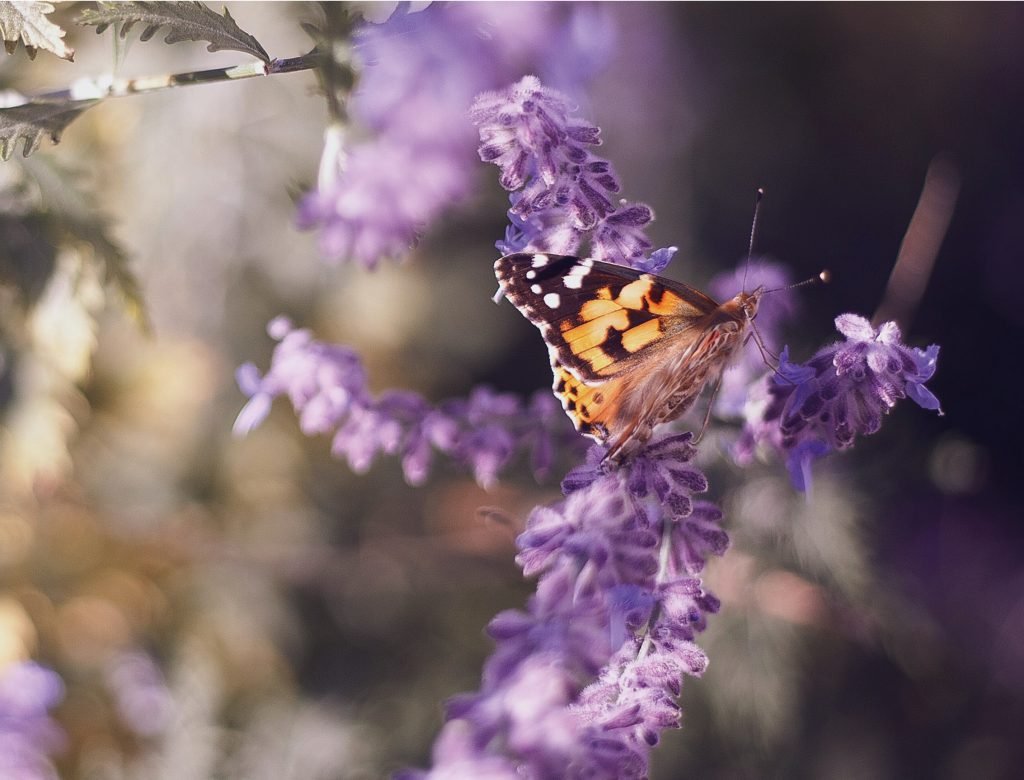
What you can do…
It is fairly easy to help the pollinators, here are some examples:
- Use pollinator friendly pesticides you use in your garden.
- Plant flowering plants that bloom during long periods of time, to provide lots of nectar which is pollinator food.
- Choose organic and locally grown food, to the extent that is doable for you. This reduces the use of pesticides and preservatives, as well as emissions from transportation.
- Leave parts of your garden to grow and flower freely. Insects love to have untouched spaces, unmanaged by gardeners.
- Build an insect hotel and place it in your garden or on your balcony. Make sure that there are flowering plants and water close by, so that the pollinators can eat and drink.
You can also buy a Bee the Change T-shirt or a Bee Kind T-shirt in our web shop, to support our campaigns for bees and pollinators. Become a monthly donor to support our work with animals and nature, every month, or make a donation. Donations and sponsoring partnerships are crucial for our continued our work to spreading knowledge about our vital pollinators.
With us you can Volunteer Travel and experience wildlife conservation projects around the world.

